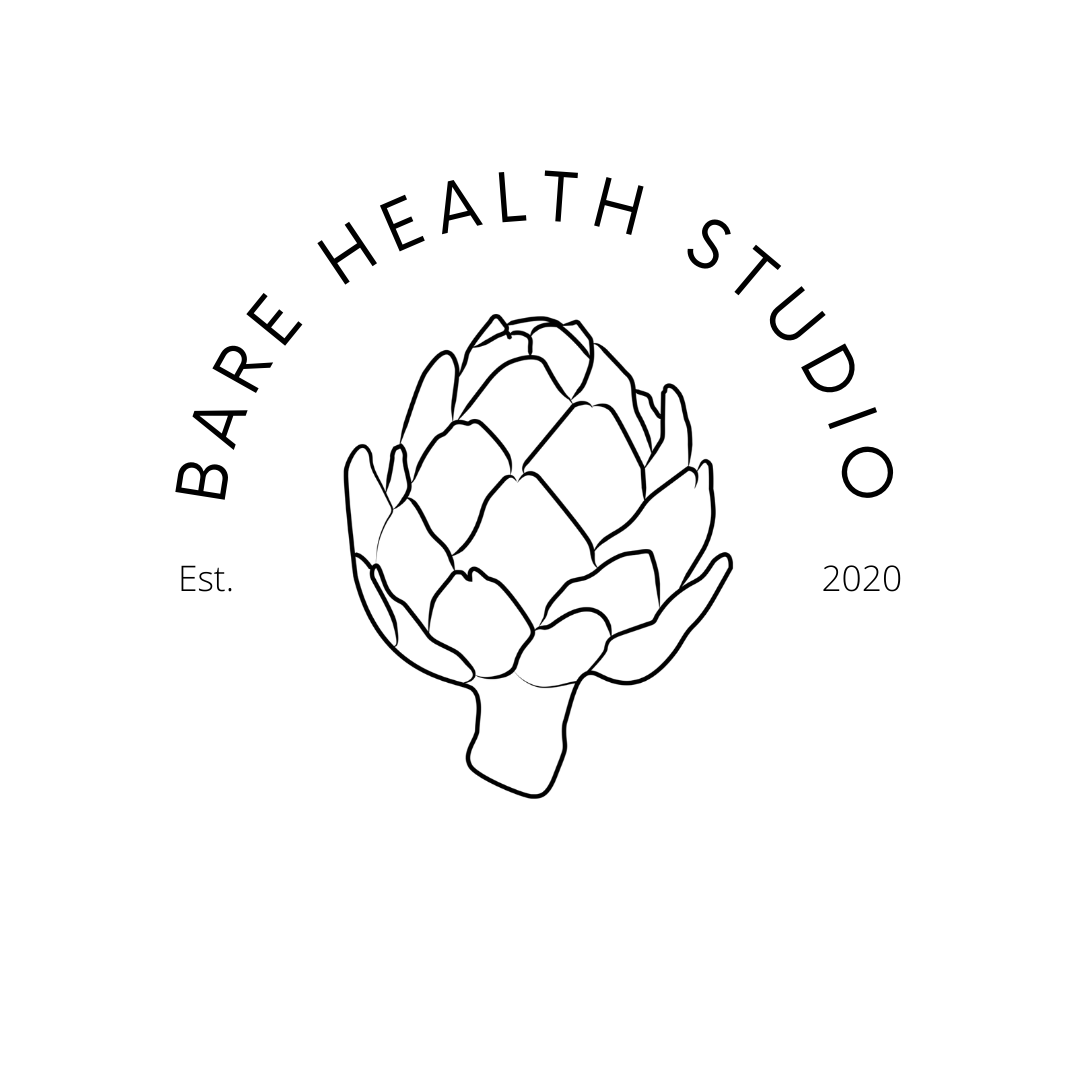gender inequality in healthcare - we’re sick of it
Historically, the health concerns of women have been overlooked or diminished in doctor’s offices—as well as in in medical and scientific research. The historical lack of research focus on women’s health compromises both the quality of health information available to women and the health care that they receive.
So where does that see us today? It means that diseases that affect a greater number of women, including autoimmune diseases, chronic pain conditions such as endometriosis and fibromyalgia remain under-researched, leaving health professionals without a clear understanding of how to recognise them when they present in their clinics and support their patients to treat or manage the conditions.
The disempowerment and discrimination against women puts them at increased risk, and often women’s health concerns go undiagnosed.
Take endometriosis which affects 1 in 10 women, the symptoms include debilitating pain and infertility- on average it takes 7.5 years for a women to receive a diagnosis.
Image via @endohealthhub
Too often we have heard from women that their reports are being dismissed as they struggle to be believed and taken seriously by doctors and other health professionals. When women have their symptoms and concerns dismissed or minimised, they are often made to feel as if they are “making up their symptoms”, that their presenting symptoms are “normal” or even told that their physical symptoms are “all in their heads”. Dismissive behaviour like this leads to a gap in trust, which negatively affects women’s healthcare. We believe that this is partly due to gender stereotypes existing across many realms, the expectation of men to be stoic, showing no weakness or vulnerability. Men are already more reluctant to seek out help; when they actually do their accounts of their symptoms are taken more seriously. Culturally, women are given more permission to seek help, and express their pain and emotion, unfortunately this somehow leads to this illogical sense that women aren’t taken seriously leading to a greater likelihood of misdiagnosis.
Image via @paulyblow
21st Century living can mean busy living, and for a lot of women it means that both physical and mental health is put on the back burner. Aside from not being taken seriously, further factors that impact women’s health experience are lack of time and lack of prioritising their own wellbeing. Health and access to reliable health services are often intertwined with both economic and socio-cultural factors.
According to the WHO these are inclusive of:
power imbalances in relationships between men and women
social conditions that minimise education leading to lessened paid employment opportunities
a highlighted focus on women’s requirement to reproduce
potential or actual experience of physical, emotional or sexual abuse
poverty, including malnutrition and unsafe cooking environments
difficulties accessing information
Image via @parsleyhealth
Women’s health remains neglected, underfunded and poorly researched. At Bare Health Studio we believe that women need to be taken just as seriously as men. Women’s pain should not be minimised and we want to crush the stereotype of the “hysterical” woman, no, it’s not all in your head. We believe that everyone should be entitled to equal healthcare. Unfortunately, we're still not there yet but we want you to know that our holistic practitioners are here to listen to you and will take you seriously. Don’t worry, we’re not going to tell you to ditch your GP and switch to some new age-hippie sh*t. Our practitioners actually adopt an integrative approach to healthcare and will work collaboratively with your doctor or other healthcare professionals to ensure that you receive the best advice and care. Naturopathic practice aims to identify the underlying causes of your health condition. This holistic approach aims for the prevention and management of acute and chronic conditions by developing individualised treatment plans.
We feel optimistic about the power of real women’s stories to spark some real change. At Bare Health Studio we believe that there is power in women seeing their experiences are shared (you are not alone). Ideally we’d like to see health professionals receive the feedback they need to understand this is widespread problem in order for changes to occur within the medicine and research industries.
If you have any further questions or if you have a story you’d like to share about your experience, please don’t hesitate to get in contact.



